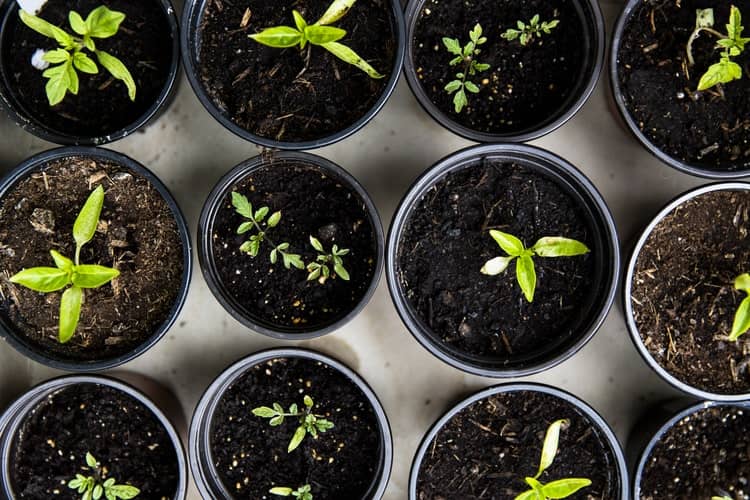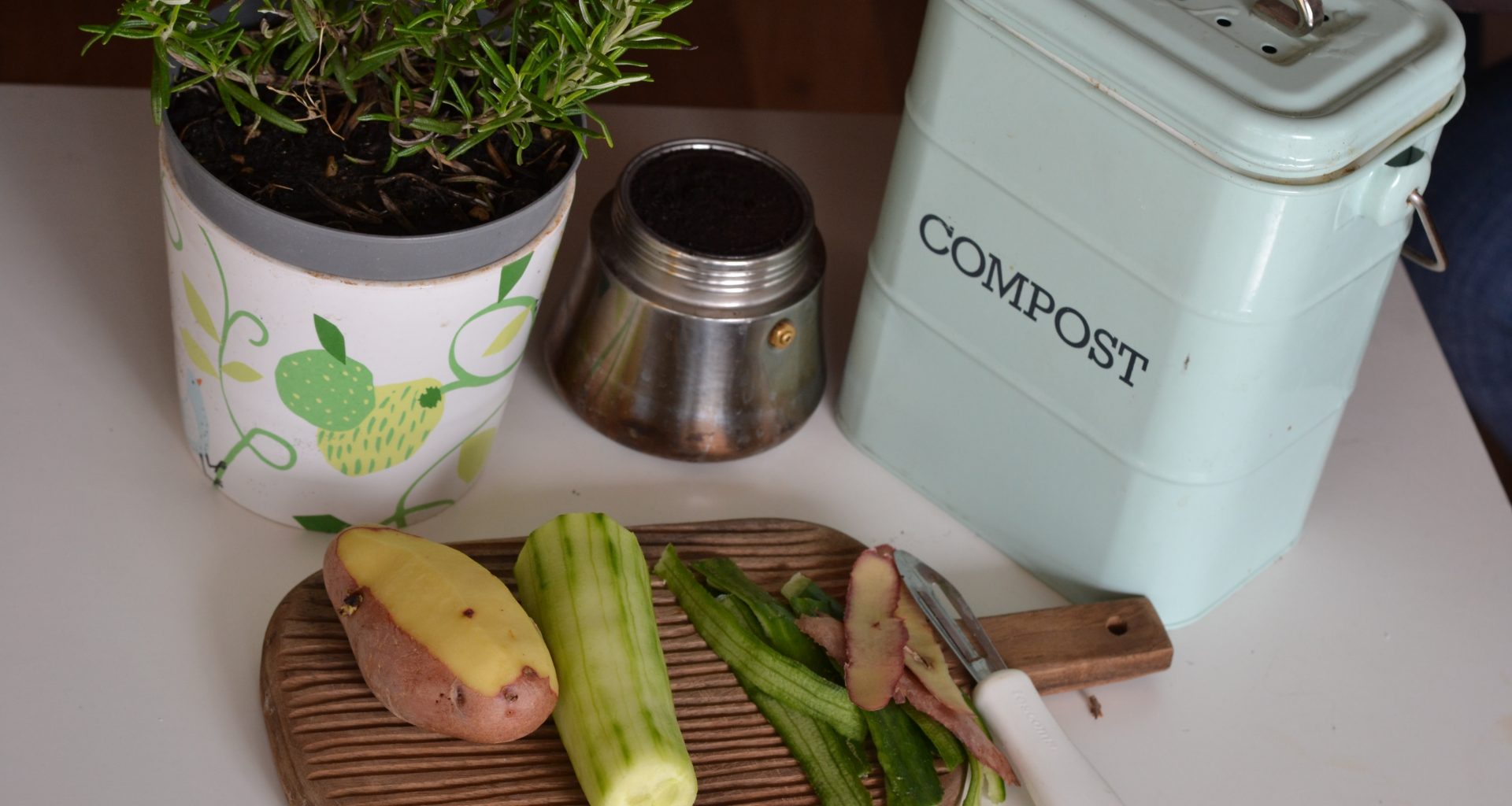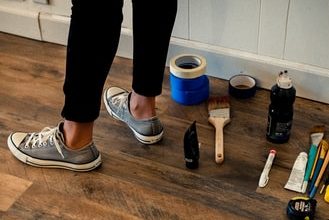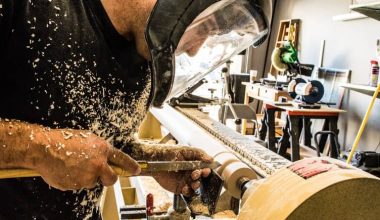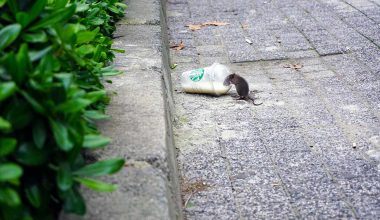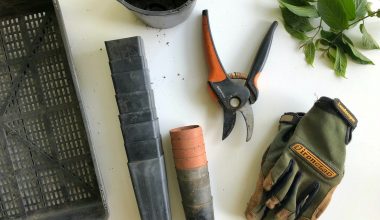Knowing how to make and use your own compost is essential if you want to be an environmentally friendly gardener. If you’re partial to some horticulture or vegetable growing, compost is so useful. It helps plants thrive, and reduces the amount of waste you send to landfills, too. However, a lot of people don’t know how to make it themselves. You can buy it, but homemade is always better!
In this article, I tell you what you should and shouldn’t do when composting. I’ll also take you through how to use it in your garden so it’s most effective. But first, I’ll explain to you why you should be making compost. It can be super easy and great fun, so if you’ve got a garden, what’re you waiting for?
Benefits Of Composting
Composting has a few key benefits which make it really great for your garden and for the planet too. First, it reduces food waste. In North America, between 30-40% of food goes to landfills. These landfill sites are quickly filling up and even shutting down. Cutting your food waste can be done in several ways, such as regrowing vegetables in your kitchen. However, sometimes things are not reusable. That’s where learning to make and use your own compost comes in.
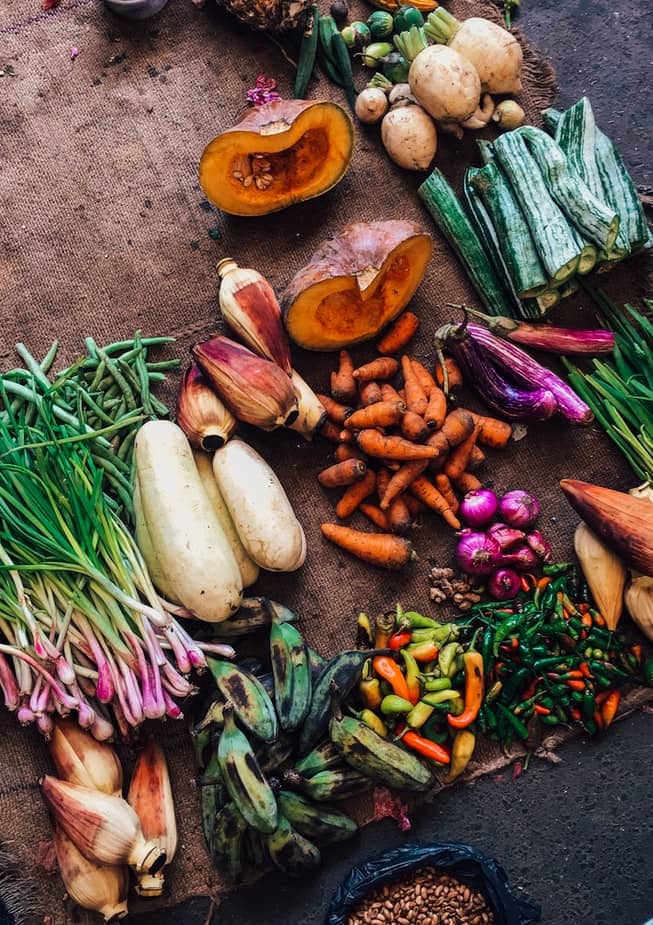
Second, it’s great for your plants. It adds lots of nutrients to the soil which helps growing things thrive. It also introduces microorganisms to the soil which break down organic matter and ward off plant diseases. Chemical and man-made fertilizers are bad for the environment, whereas this natural fertilizer has a lot more benefits without the cost to the planet.
So, now you know all these benefits, how do you make it?
How To Make Compost
The process is really quite straightforward. There are two types of composting, and different things you should and shouldn’t put in it.
Hot And Cold
The two main types of compost heap are hot and cold. Cold involves simply collecting yard and kitchen food waste in a pile or bin in your garden. It’ll take about a year to fully decompose. This is the easiest way to do it and requires little work. Hot compost is a bit more work. You have to get a special hot compost bin which gets to high temperatures, creating compost in around 3 months in the summer. You can also use worms, but this is a bit more complicated.
What Should You Put In?
Not everything can be composted. This is what works well:
- Fruit and vegetable scraps
- Eggshells
- Coffee grounds
- Garden waste like grass and plant trimmings, as well as dry leaves
- Wood chips
- Newspaper (but make sure it’s shredded first)
- Sawdust
- Straw
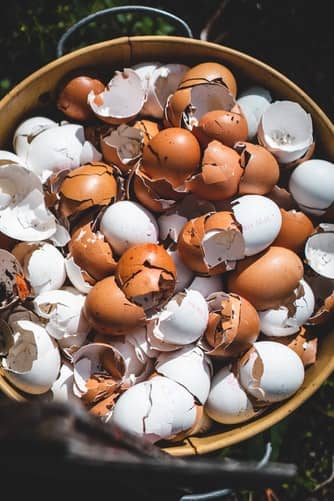
The key to making these break down well is shredding them up small. You can also use leaves to make mulch. It’s a good idea to keep a mini compost bin in your kitchen to collect up your food scraps, so you can easily take them to the bin outside.
Don’t Compost These Items
There are some things you need to avoid putting in when making and using your own compost:
- Meat
- Fats, oils, or grease from cooking
- Plants which have been affected by disease
- Weeds
- Dairy products
- Dog and cat faeces (but horse manure can be used!)
The Process
Now you know what you should and shouldn’t put in, you can get your bin or heap set up. You should begin with bare earth covered by a layer of twigs or straw. Make this a few inches deep. It will help with water drainage and airing the soil. You then need to layer your waste materials. Start with a layer of moist items, like food scraps or coffee grounds. Then, cover with a layer of dry like leaves or sawdust. Horse manure can also be added to speed up the decomposing process.
Once prepared, keep your compost damp by watering occasionally or exposing it to the rain. Cover with some plastic sheeting or wood to keep heat in. This makes the process faster. Every few weeks, turn the heap with a fork or shovel to let air in and mix up the layers. You can also buy a tumbling bin if you want an easier way to do this.
Using Your Compost
Finally, once your compost has decomposed enough, you can use it in your garden. The natural fertilizer will be ready when it’s stopped giving off heat and is dry, brown, and crumbling. Put a few inches of compost onto your flower beds and pots at the start of planting season. It’s that simple!
